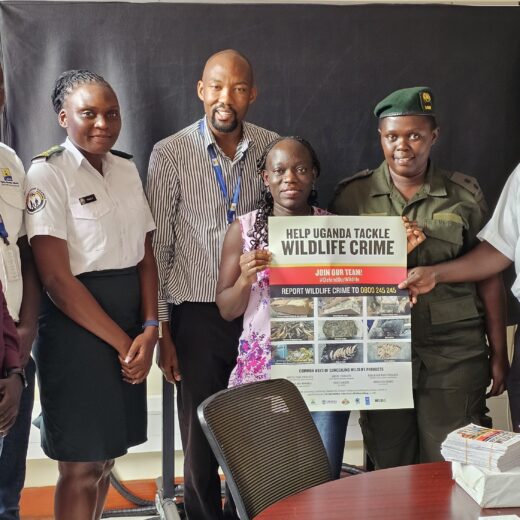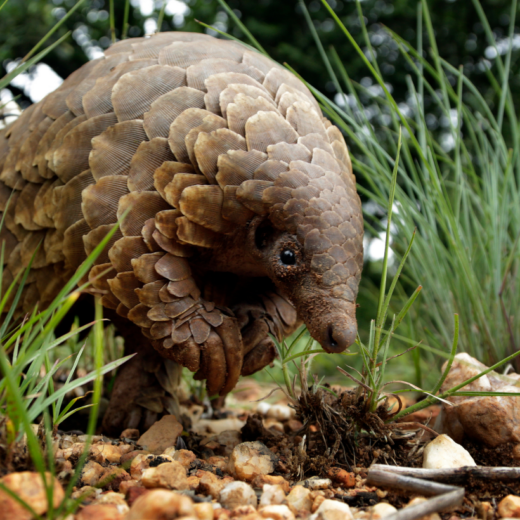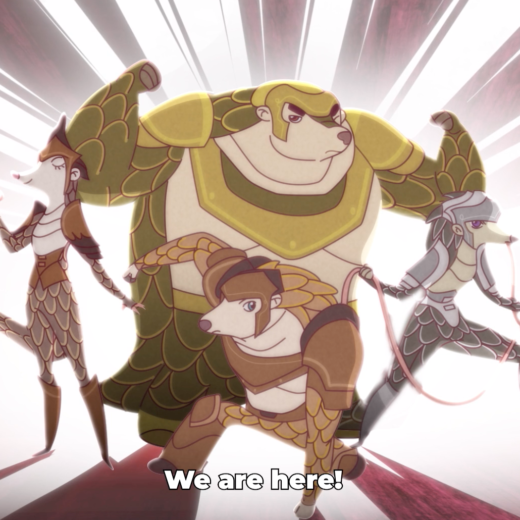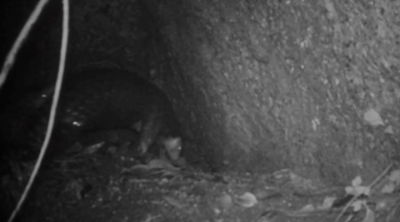
The above image of a pangolin was captured by infrared cameras installed in the Wuqinzhang Community Reserve in Huidong County, Guangdong in summer 2020.
Due to poaching and illegal trade, Chinese pangolins were assessed as “critically endangered” by the IUCN Red List of Endangered Species in 2019. According to CITES, from the 1960s to 2003, the population of pangolins in China dropped by more than 94%. The Chinese pangolin was even thought to be functionally extinct at the time of its assessment.
Since 2016, WildAid in partnership with other conservation organizations have been working on raising public awareness of pangolin protection in China.
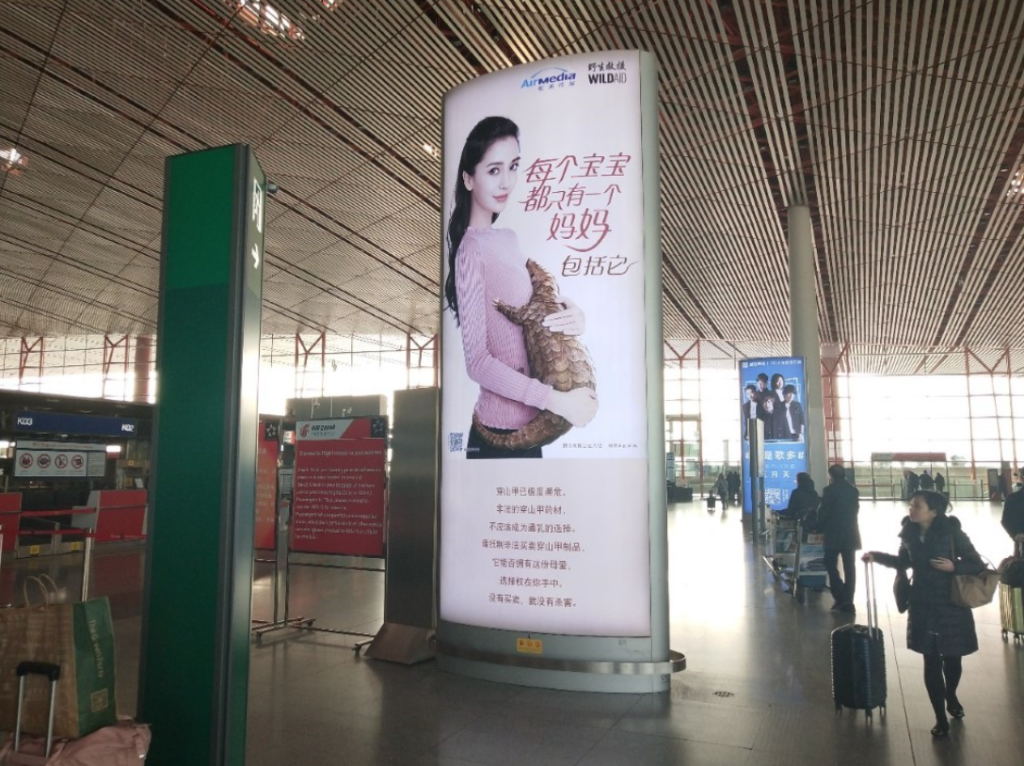

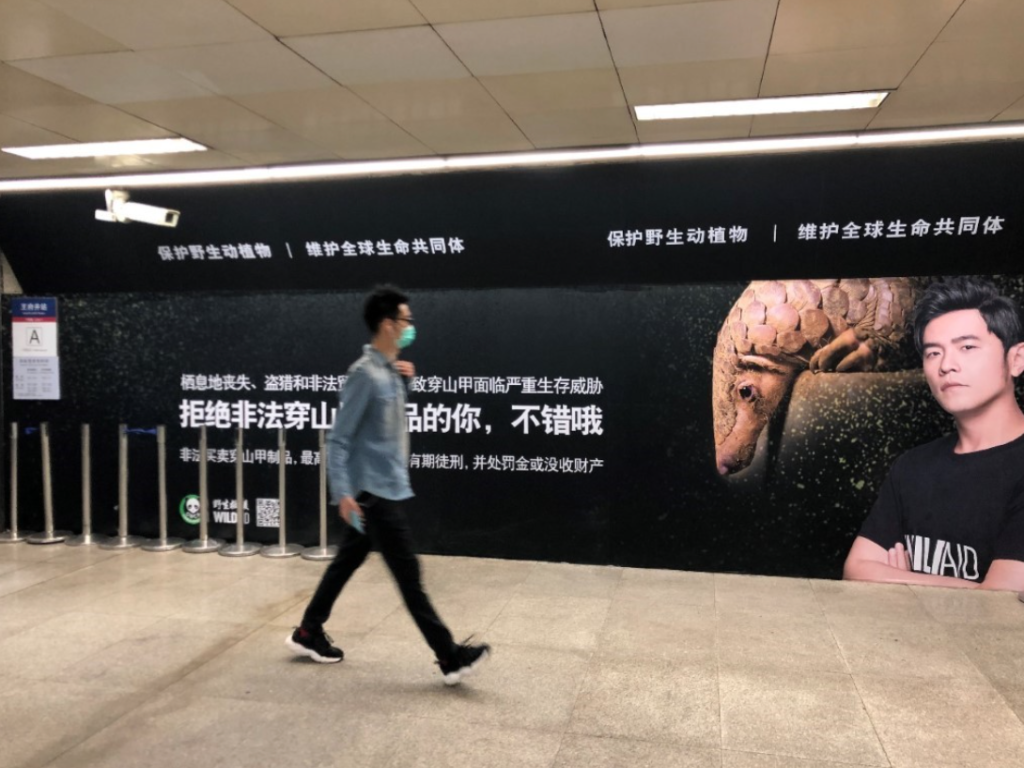

As pangolins gradually evolved from a “niche” species to a hot topic, more and more people have begun to devote their lives to protecting pangolins.
Li Cheng is one of them.
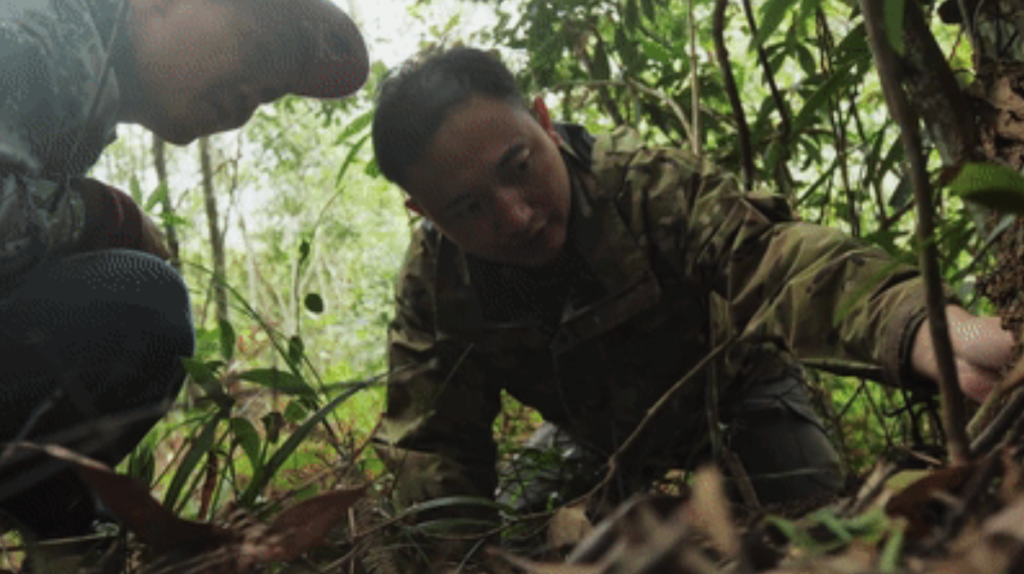

Li Cheng was a white-collar worker with a successful career and comfortable life in Shenzhen. But his desire to be closer to nature drove him into the mountains so he could observe wildlife and start his research.
When he found out the villagers of Wuqinzhang in Huidong County had captured and sold over 20 pangolins, Li decided to quit his job and use his savings, along with some funding from SEE Foundation (Society of Entrepreneurs and Ecology), to establish an NGO called Xizijiang Conservation to protect pangolins and other wildlife around the Wuqinzhang area in 2018.
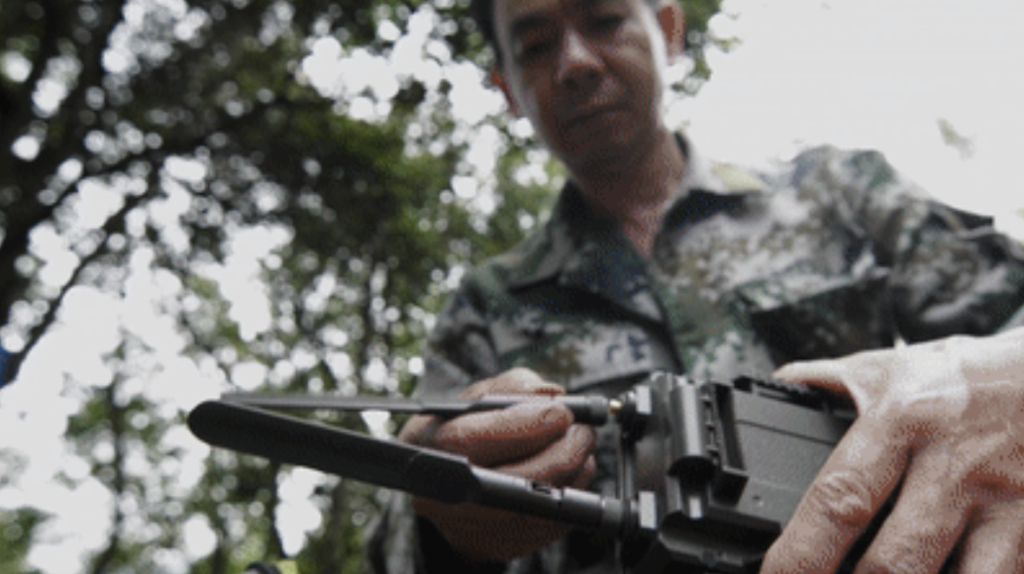

After four years of conservation and public outreach, the villagers of Wuqinzhang started to recognize the long-term benefits of having rich biodiversity and health ecology in their community. Some villagers who used to hunt in the mountains have since joined the patrol team.
The result of Li’s efforts is that poaching is now practically eliminated in Wuqinzhang and the village is proud to support a population of Chinese pangolins in their local area.
“There is still a lot of work to do to fully restore the overall population of pangolin and wildlife here. But I see hope,” said Li Cheng.
Stay in touch and get the latest WildAid updates.
SIGN UP
